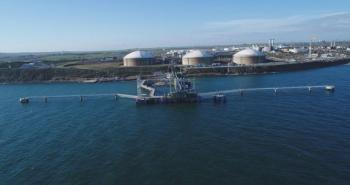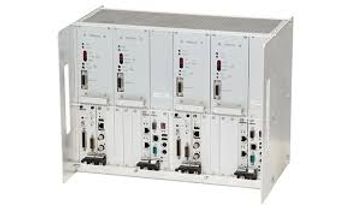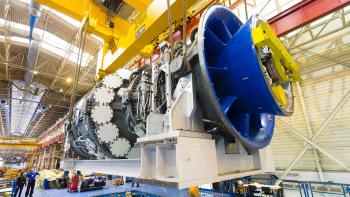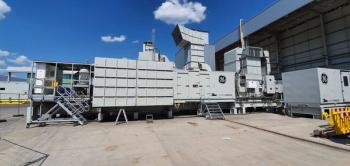
Flowserve Integrates Energy Advantage Program at Heide Refinery
Adhering to Flowserve’s Energy Advantage Program recommendations, Heide Refinery is expected to reduce its power consumption by more than an estimated 2,000 MWh per year.
Heide Refinery partnered with Flowserve Corp. to implement its Energy Advantage Program (EAP)—a data-driven engineering evaluation process that optimizes pump and valve power consumption with minimal disruption to existing processes. Heide will leverage this flow control capability to reduce carbon emissions, increase energy efficiency, and lower ownership costs.
An initial Flowserve assessment identified and analyzed Heide Refinery’s largest energy-consuming flow loops and clarified potential savings. Next, Flowserve’s engineers installed flow control solutions and provided recommendations for improved energy efficiency and performance tailored to Heide Refinery’s current process requirements. With these recommendations, the company expects to cut back its annual power consumption by more than approximately 2,000 MWh.
Following the pilot’s success, Flowserve and Heide Refinery will continue their partnership to capture additional energy savings. The EAP will be expanded to include the optimization of new flow loops within the plant.
“We are thrilled with the initial results,” said Roland Kühl, Managing Director, Heide Refinery. “With Flowserve’s engineering expertise, we can achieve meaningful savings while also lowering our carbon emissions by over 1,300 metric tons each year.”
In July 2023, Flowserve announced that its butterfly valve, the
Several key features of the valve include a double-offset disc that mitigates seat and disc wear, a high-thrust cylinder actuator and an eccentric-cammed disc. Its streamlined body design allows for a more compact overall PSA skid footprint.
The endurance test was conducted following licensor standards to replicate the harsh operating conditions of high-cycle PSA processes. The valve underwent 1 million open/close cycles with upstream pressures of 350 psi while monitoring seat and stem leakage. The test also evaluated the valve's sensitivity, repeatability, and linearity by following a defined control ramp. The valve shutoff reliability allows plant operators to maintain precise pressure in the PSA vessel and extract purer hydrogen, oxygen, and nitrogen (or other gases).
Prior to this testing, in January 2023,
Newsletter
Power your knowledge with the latest in turbine technology, engineering advances, and energy solutions—subscribe to Turbomachinery International today.




